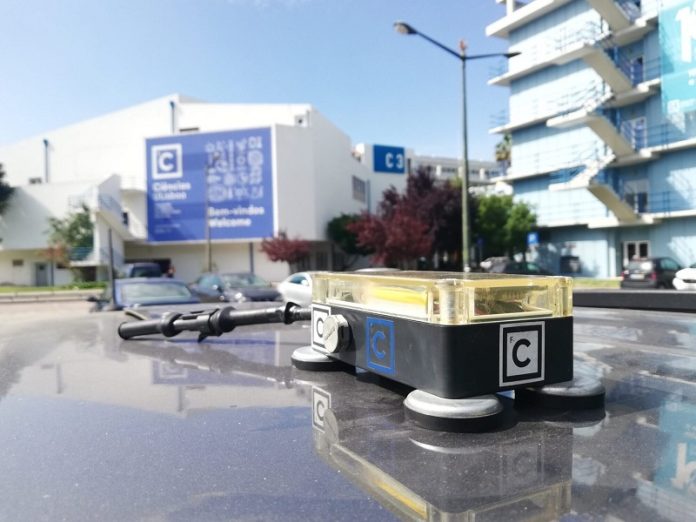
The dream of establishing greener and more sustainable urban spaces is getting a boost with a new study examining the potential of solar-powered cars.
This research, which modeled the viability of solar vehicles in 100 cities around the world, suggests that using the sun’s energy to power our cars could significantly reduce the need for charging.
The transport sector remains a major source of global carbon dioxide emissions, contributing about one-third of the total, despite the growing popularity of electric vehicles (EVs).
To meet decarbonization goals, it is imperative to significantly lower the emissions from this sector, and solar-powered vehicles can be instrumental in this endeavor.
Solar cars, equipped with photovoltaic modules to convert sunlight into energy, present a promising solution to decrease CO2 emissions and reduce both charging costs and frequency.
This development can offer considerable advantages to vehicle users and also alleviate the pressure on the electricity grid, optimizing its performance.
Miguel Centeno Brito, a researcher from the University of Lisbon and one of the authors of the study, and his team aimed to determine how effective solar cars could be in urban environments.
Urban settings often have numerous obstacles like buildings and trees, which can cast shadows and potentially decrease the amount of solar energy vehicles can collect, either when moving or parked.
The study aimed to determine whether these urban shadows would significantly hinder the effectiveness of solar cars.
The results of the study are encouraging, suggesting that, despite the challenges posed by shadows, solar-powered vehicles can travel between 11 and 29 km per day on solar energy alone.
This is particularly true for cities in Africa, the Middle East, Southern Europe, and Southeast Asia, but notable potential also exists in China, North America, and Australia.
The research concluded that, while shadows in cities do cause about a 25% loss in solar energy, this is not a substantial impediment to the widespread adoption of solar cars.
To validate their findings, the research team initiated an experimental campaign involving citizen scientists, providing a hands-on approach to exploring the practical implications of the research.
This international study represents collaboration between researchers from Portugal, France, and Luxembourg and is published in the reputable journal Progress in Photovoltaics: Research and Applications.
With urban populations on the rise and environmental sustainability becoming a paramount concern, the introduction of solar-powered vehicles is timely. Brito believes that the findings of this study can act as a guide for policymakers and the automotive industry, helping to fast-track the transition to environmentally friendly urban living.
The findings of this research mark a significant step in innovating solar-powered transportation, underlining its practicality and role in promoting sustainability in urban environments.
The insights gained from this study can aid policymakers and the auto industry in developing strategies to hasten the transition to more eco-conscious urban transport solutions.
In summation, solar-powered cars are emerging as a viable solution in the quest for environmental preservation, reflecting the potential for a more sustainable and cleaner urban future.
The incorporation of solar energy in transportation could revolutionize urban mobility, helping to reduce our environmental impact and promote a more balanced relationship with our planet.
Follow us on Twitter for more articles about this topic.



